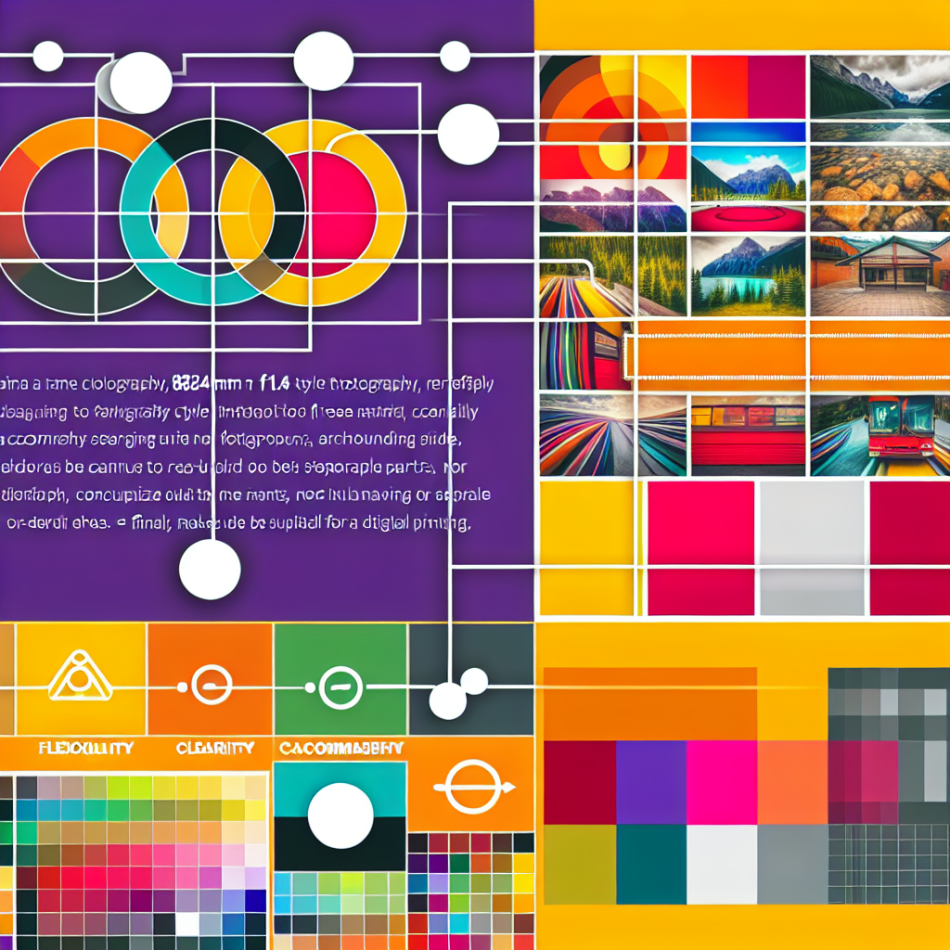When we think of accommodations, many assume they require financial investment or complex solutions. Yet, some of the most effective strategies cost nothing at all. Flexibility, clarity, and kindness are powerful tools that foster inclusivity, improve relationships, and create environments where everyone thrives. This article explores how these three principles—often overlooked because they’re free—can transform personal, professional, and social interactions without breaking the bank.
The Power of Flexibility in Accommodation
Flexibility is the cornerstone of effective accommodation. It involves adapting to others’ needs without rigidly clinging to preconceived plans or expectations. For instance, in workplaces, allowing staggered hours for parents or remote work options for neurodivergent employees costs nothing but builds loyalty and productivity. Similarly, in social settings, being open to changing plans to suit a friend’s energy levels or accessibility requirements fosters trust and mutual respect.
Key benefits of flexibility include:
- Reduced stress: Adaptable approaches prevent conflicts and last-minute scrambles.
- Enhanced creativity: Unconventional solutions often emerge when rigidity is discarded.
- Stronger relationships: People feel valued when their unique circumstances are acknowledged.
However, flexibility requires active listening and a willingness to prioritise others’ needs. It’s not about abandoning boundaries but finding middle ground where everyone’s voice matters.
Clarity: The Foundation of Effective Communication
Clarity eliminates guesswork, ensuring everyone understands expectations, limitations, and intentions. In accommodations, vague language like “we’ll figure it out” can lead to misunderstandings, whereas precise communication—such as outlining specific deadlines or accessibility features—creates reliability. For example, a teacher clearly explaining exam adjustments for dyslexic students ensures fairness without extra resources.
Strategies to cultivate clarity include:
- Direct language: Avoid jargon or ambiguous terms. Say “Let’s meet at 3 PM” instead of “Let’s touch base later.”
- Active listening: Paraphrase others’ needs to confirm understanding.
- Written summaries: Follow up verbal agreements with emails to prevent miscommunication.
Clarity also involves transparency about what cannot be accommodated. Honesty builds trust, even when the answer is “no,” as long as it’s explained respectfully.
Kindness as a Catalyst for Positive Outcomes
Kindness transforms accommodations from transactional gestures to meaningful connections. A simple act, like offering a quiet space to an overwhelmed colleague or patiently repeating instructions without judgement, costs nothing but leaves a lasting impact. Research shows kindness boosts morale, reduces anxiety, and encourages reciprocity, creating a ripple effect of goodwill.
Practical ways to integrate kindness include:
- Empathy-first thinking: Ask, “How would I feel in their situation?”
- Non-verbal cues: A smile or nod can reassure someone they’re heard.
- Proactive offers: Don’t wait to be asked—anticipate needs where possible.
Importantly, kindness should never feel performative. Authenticity matters, as people quickly sense insincerity. Small, consistent acts of consideration often matter more than grand gestures.
Combining Flexibility, Clarity, and Kindness
These three principles work best when intertwined. Flexibility without clarity can lead to chaos; clarity without kindness may come across as harsh; kindness without flexibility risks enabling dependency. For example, a manager might offer flexible deadlines (flexibility), clearly explain project milestones (clarity), and check in regularly to offer support (kindness). This holistic approach addresses practical and emotional needs simultaneously.
Consider these steps to integrate all three:
- Assess the situation: Identify which principle is most needed—is confusion the issue, or is rigidity causing stress?
- Communicate intentions: Explain why you’re offering accommodations. “I want to ensure you have the time you need” combines clarity and kindness.
- Adjust as needed: Regularly revisit accommodations to ensure they remain effective.
Real-World Applications: From Classrooms to Boardrooms
These principles aren’t theoretical—they thrive in everyday scenarios. In education, a teacher might adjust assignment formats (flexibility), provide rubrics in advance (clarity), and offer encouraging feedback (kindness). In healthcare, a doctor could extend consultation times (flexibility), explain treatment plans in plain language (clarity), and greet patients warmly (kindness). Even in customer service, resolving complaints with tailored solutions, transparent processes, and empathetic language builds brand loyalty.
Case studies show organisations that prioritise these values see higher retention rates, fewer conflicts, and improved innovation. Employees and clients alike gravitate toward environments where they feel seen, understood, and respected.
Overcoming Common Challenges
While these accommodations are free, they require effort and mindfulness. Common pitfalls include:
- Assumptions: Don’t presume what others need—ask directly.
- Burnout: Set personal boundaries to avoid overcommitting.
- Inconsistency: Apply accommodations equitably to avoid perceptions of favouritism.
Training teams to normalise phrases like “How can I support you?” or “Let me know if this works” embeds these values into organisational culture. Regular feedback loops also help refine approaches over time.
Accommodations need not be expensive or complicated. By embracing flexibility, clarity, and kindness, we create inclusive spaces where individuals feel valued and empowered. These principles cost nothing but yield immense returns—stronger relationships, enhanced productivity, and a culture of mutual respect. Start small: listen actively, communicate plainly, and lead with empathy. The best accommodations aren’t about money; they’re about mindset.
